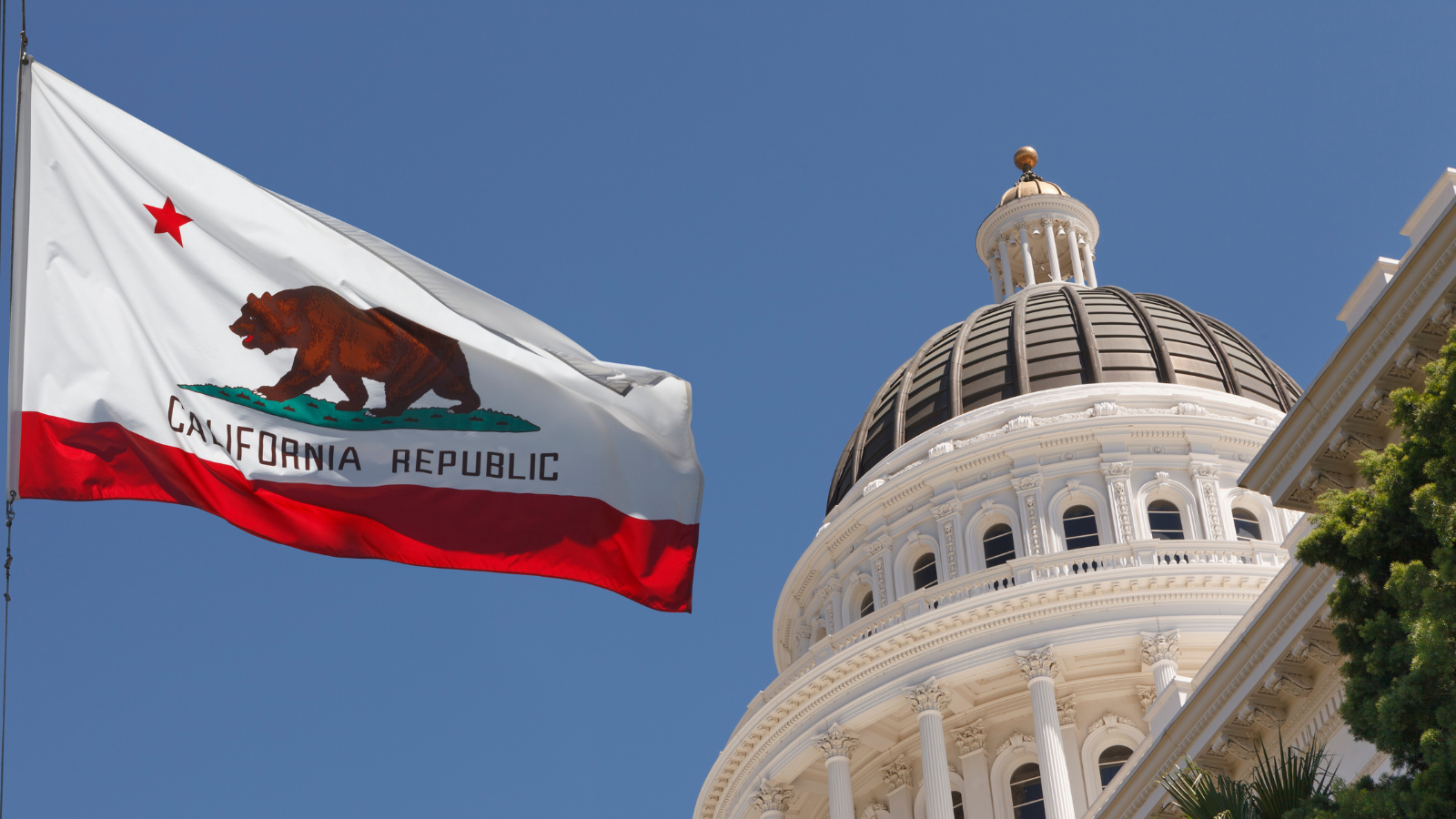Consider this column a sequel to my piece about life insurance. Consider the connection between promoting a policy and selling a product, because what my previous column mentions, that insurers need to better explain what they mean, has greater meaning—right now. Because my own review of how insurers advertise suggests that their advertising does not work.
The same is true of individual agents: that they are indistinguishable, that they look alike, despite their differences in appearance, that they look like a collective smile with a caption underneath; a grin with generic copy in which the words are true but the message is irrelevant.
Do not, however, blame agents for how their marketing looks. Their response is reasonable, their reaction predictable, their return on investment picayune.
David Albanese of Ameraquest Financial Group, whom I quote in my previous column, says insurers have to invest in marketing with a force equal to what they spend creating or issuing new policies.
“Formulas work for actuaries, not sales, because marketing is not a science. The art of communication requires practice or: There can be no trials without errors and no experiments without failures. The goal is to encourage creativity over conformity, so agents can personalize their services and better serve their clients.”
Concerning Albanese’s point about marketing not being a science—amen. Amen to the fact that there is no test that will yield the same results, sparing agents from the training necessary to lead and the skills leaders need to communicate.
I understand the appeal of science because I am a scientist. But I also know that the attempt to make the unscientific scientific is both wrong, intellectually, and wrongheaded, financially.
The financial costs can be ruinous to morale, too, because when a formula does not work, when the elegance of an equation does not equate to the complex and sometimes inelegant ways in which people behave, when things fall apart—when all of these things happen at once, agents can lose confidence in themselves. Their loss can cause them to look for another line of work.
Consider the consequences of this scenario to the public.
If the most capable agents believe they are incapable of marketing their best products, if they decide to leave the insurance industry altogether, then the public will not enjoy the advice of the industry’s brightest stars and most brilliant agents.
See also: The Profits Hiding in an Agency’s Closet
We cannot afford this situation to go from a possible outcome to a probable or inevitable disaster.
Yes—marketing matters enough for us to care about the fate of the insurance industry. It matters enough for us to do all we can, for as many as we can, so most agents can acquire the know-how and the can-do spirit that is integral to successful marketing.
With the discipline of a professional, and the will of a competitor, an insurance agent can become a good if not great marketer.
With time, the results will be conclusive, the reviews consistent, the recognition clear.
With time, agents can excel at marketing.






